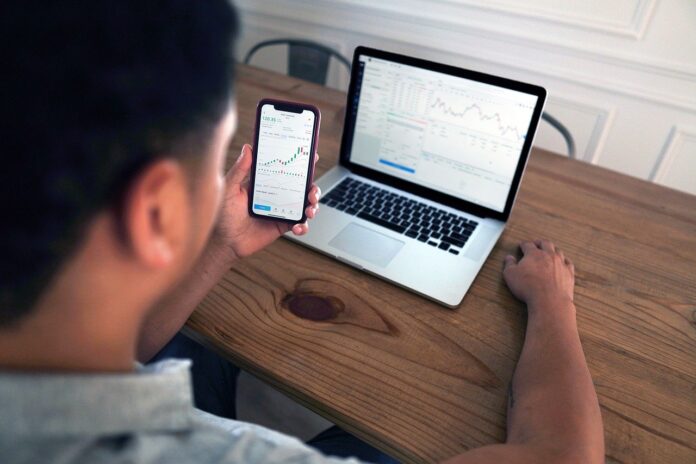The foreign exchange (forex) is arguably one of the most popular forms of trading of the modern era. It sees a staggering daily average trading volume of around $5 trillion — far beyond that seen on the stock exchanges across the globe, making it the largest financial market in the world.
Skilling forex trading platform defines forex trading as relating to any conversion of one national currency into another. Therefore, forex prices are always quoted in currency pairs. With huge trading volumes each day, the market can be extremely volatile, which makes it attractive to some traders.
If you’re intrigued by the opportunity that forex trading presents, for both high profits and increased risk, then you should consider the pros and cons, before parting with any of your capital.
The benefits
- Liquidity
As previously mentioned, the forex market sees a huge volume of brokers and traders, buying and selling every day. In major currencies in particular, this makes trading fairly liquid.
This essentially means that the assets can be easily purchased and sold without drastically affecting the market price, and the spread between the bid and ask prices are fairly small. With more liquidity comes more of an opportunity to quickly respond to market movement, and potentially make a significant profit.
- Short selling
This type of trading strategy lends itself well to forex, compared to other financial markets where there is more exposure to risk. This is mainly because currencies are traded in pairs, meaning you buy in one currency and sell in the other. For example, in the currency pair of the Euro and the US Dollar (EUR/USD), EUR is the Base currency and USD is the Quote currency, meaning you buy in EUR and sell in USD.
Therefore, if you suspect the currency will decline in value, you can sell in one currency in order to buy in another. This also means that no borrowing is required.
- Leverage
In general, leverage allows you to have much larger exposure to a market, with a smaller amount of capital than the full amount needed. This exposure can lead to magnified gains if the market moves as expected, but can also lead to increased losses, so it is important to understand the risks involved.
However, this type of trading can be more easily utilised for the forex market, and you tend to find more appealing leverage ratios for forex trading. These opportunities of leverage may also see a potentially faster return on your investment, compared to waiting for organic value growth of other assets in another financial market.
- Accessibility
Online forex trading allows you easy and quick access to the market, so you can open and close your position in reaction to daily market movements. Through online platforms, you can also access the market 24 hours a day and 5 days a week (which are the forex market’s trading hours). With this availability, you can easily fit your trading decisions around your lifestyle and schedule.
The disadvantages
- Volatility
The forex market in particular experiences extremely volatility, meaning that currency pairs can frequently fluctuate in price, perhaps more often than other forms of assets and securities. These sudden changes in value means that you have to be constantly adapting your strategy and react to market movement accordingly.
However, this is not the only factor that can affect the market. You should also take into account other economical events and elements, such as politics, national recessions or a country’s change in inflation or interest rates. Therefore, your trading strategy should be well-established, in order to react accordingly to fundamental factors that can influence the forex market.
- Bulk trading
If you are a trader with a small amount of capital, you may find yourself at a disadvantage when attempting to trade forex. This is because the majority of effective trades are done in huge volumes, and implanted by banks, hedge fund and other large financial establishments. Larger businesses of this kind have the ability to trade forex in bulk, and take advantage of greater access to date, information and technology to execute these trades.
As with any form of trade or investment, forex trading comes with its risks, as well as its opportunities to profit. Therefore, you should always conduct extensive research and weigh up the pros and cons of this market, before adding this asset to your portfolio.







